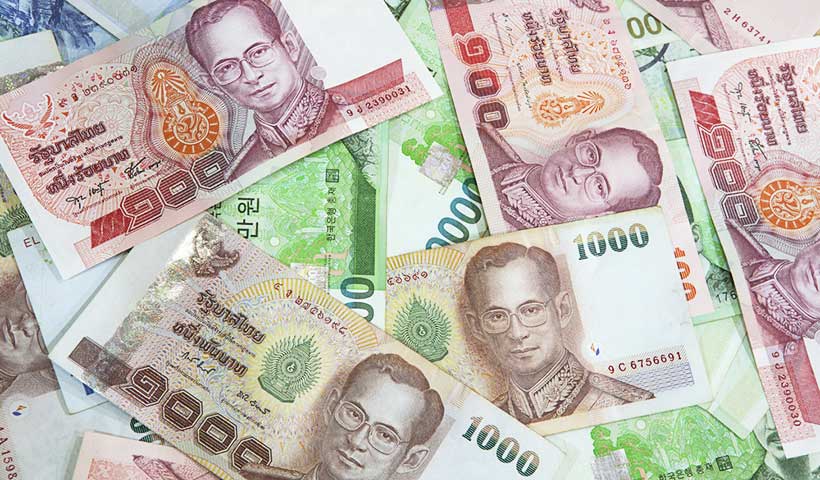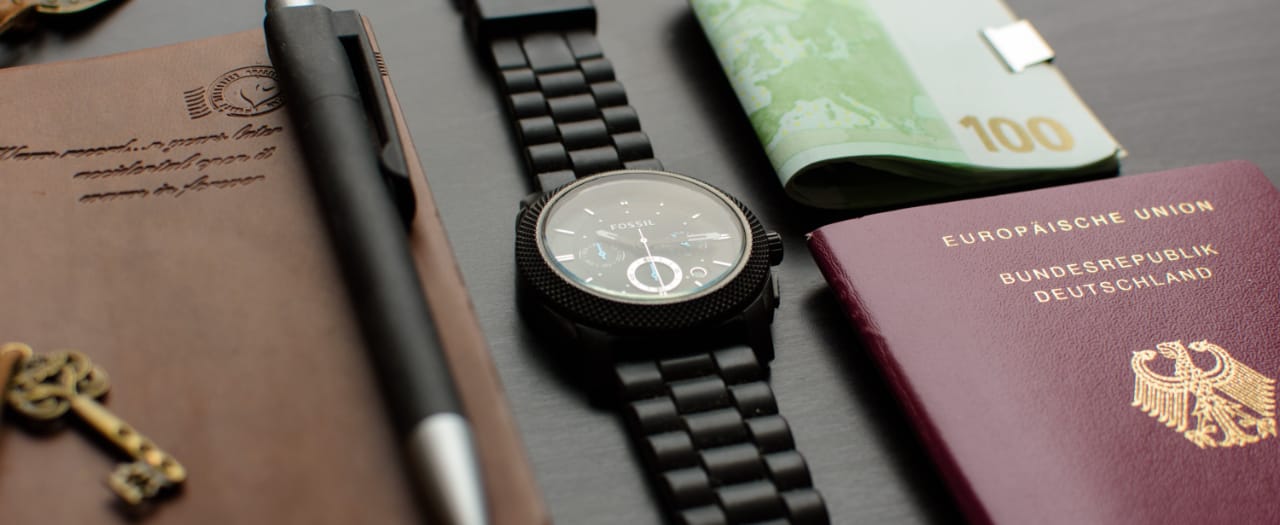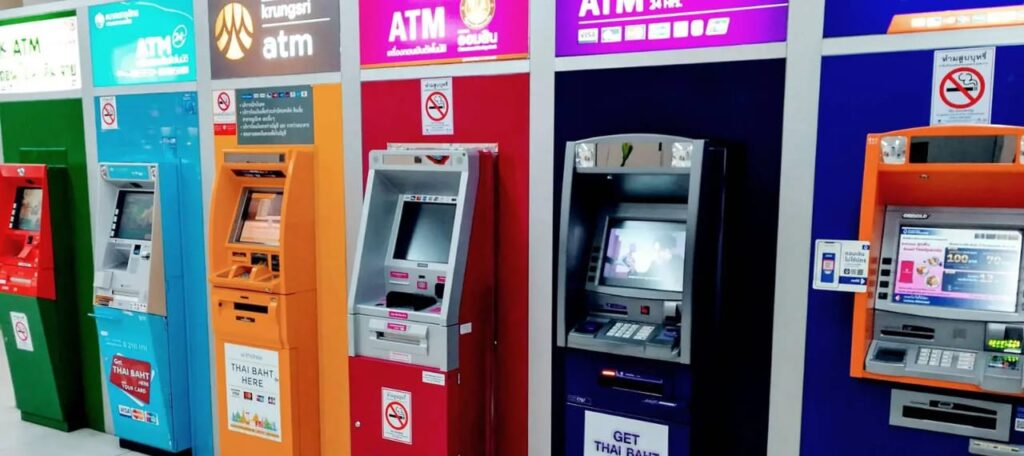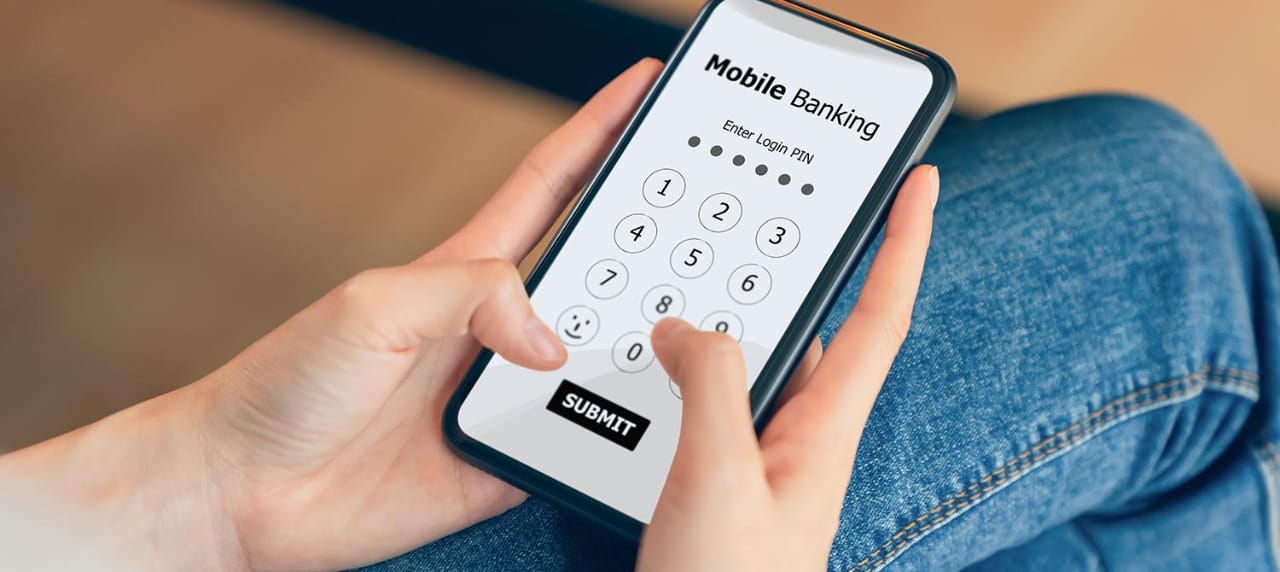In this age of globalization having a bank account in your country of residence is essential.
As an expat living in the Land of Smiles, a Thai bank account makes life infinitely easier and helps you integrate into the local community. It’s a small effort that yields big rewards.
Opening a Thai bank account in 2024 is actually quite straightforward as long as you go in prepared. In this article, we’ll walk you through exactly what to expect, documents you’ll need, types of accounts on offer and how to choose what’s right for you.
Before you know it, you’ll be depositing your baht, paying bills and living like an expat pro. The land of smiles awaits, and your new Thai bank account is your ticket to ride.

7 benefits of having a local Thai bank account as an expat
Opening a local bank account in Thailand has some nice perks for expats living there. Here are seven of the main benefits:
1: Convenience
Having a Thai bank account means you can easily pay bills, withdraw cash, and make local transfers without hassle or fees. No more worrying about exchange rates or carrying large amounts of cash.
2: Everyday banking
Most expats use their Thai bank account for daily expenses like rent, utilities, groceries or eating out. It’s quick and straightforward to transfer funds between your Thai and foreign accounts as needed.
3: Interest rates
Thai banks often offer higher interest rates for savings accounts and fixed deposits compared to most foreign banks. Your money can earn you more over time by keeping some funds in a Thai high-yield account.
4: Lower fees
Banking fees in Thailand tend to be lower than in Western countries. Many Thai banks waive or reduce fees for expats, and minimum balance requirements are usually very low or non-existent.
5: Retirement planning
For expats planning to retire in Thailand, having a relationship with a local bank is essential. They can help you set up necessary accounts to receive retirement funds from abroad and provide investment options to make your money last.
Opening a bank account in Thailand may require some paperwork, but the benefits for expats living there long-term are well worth the initial effort. A local Thai bank account can make your life easier and help your money go further.
6: Contracts
What’s more, certain business transactions like signing a lease agreement often require a Thai bank account. Landlords and companies prefer the simplicity of local bank transfers.
7: Credit card applications
A Thai bank account also allows you to apply for a credit card which provides extra security compared to carrying large amounts of cash. Some banks like Bangkok Bank and Kasikornbank offer credit cards specifically tailored to expats.

How banking in Thailand is different
Banking in Thailand operates a bit differently than what you may be used to. Here are some key things to keep in mind:
Limited ATM Withdrawals
- Thai ATMs limit withdrawals to 20,000-40,000 baht per transaction…
- You may need to make multiple withdrawals to get the amount you need.
- Some ATM’s have high fees of around 200 baht per transaction.
- Double check your ATM to avoid paying unnecessary fees.
Payments methods
- Personal checks are rarely used in Thailand.
- Cash, bank cards and scanning are the primary methods of payment.
- Scanning a QR code provided by the retailer using your bank app is fast becoming the No.1 payment method in Thailand.
Different Banking Hours
- Banking hours in Thailand are typically Monday to Friday, 9:30 am to 3:30 pm, though some banks have additional evening hours.
- Saturday and Sunday hours are limited.
- Bank hours inside malls may be different.
Safety Deposit Boxes
- If you want to rent a safety deposit box, fees start around 1,000 baht per year. Boxes come in a range of sizes to fit different needs.
- This can be a secure way to store valuables during your time in Thailand.
- Availability of safety deposit boxes depends on your location and are mostly available in Bangkok.

Documents You’ll Need to Open a Thai Bank Account as an Expat
To open a bank account in Thailand as an expat, you’ll need to provide several key documents. Gathering these in advance will help ensure a smooth application process.
Passport
Your valid passport is required to prove your identity and citizenship. Make sure you have at least 6 months remaining before the expiration date.
Work Permit or Retirement Visa
If you plan to work or retire in Thailand, provide a copy of your proper long-term visa or work permit. For other visa types, check with the specific bank for their requirements.
Proof of Address
Most banks will ask for verification of your local address. Bring a copy of your rental agreement, utility bills, or other official mail showing your name and address. Some may accept a local phone bill.
Initial Deposit
While not technically a “document”, most Thai banks require a minimum initial deposit to open an account, typically 1,000 to 5,000 THB. Bring this in cash, or be prepared to transfer funds electronically once your account is set up.
References (Optional)
Some banks may ask for personal or employer references, especially if you’re opening a business account. Be ready to provide names and contact details for one or two references if requested.
With these key documents in hand, you’ll breeze through the process of opening your first Thai bank account. Once your account is set up, you’ll have convenient access to ATMs, fund transfers, and other useful services to simplify your life as an expat in Thailand.

Choosing the Best Thai Bank for Expats
Some smaller Thai banks like TMB Bank, Krungthai Bank and Kasikornbank also provide accounts and services for expats, though with potentially fewer English resources. While the Big Two, Bangkok Bank and SCB remain the most popular, these smaller banks can also meet the basic needs of foreigners living in Thailand.
Bangkok Bank
Bangkok Bank is one of the largest banks in Thailand and popular with expats. They offer accounts specifically tailored to foreigners with English speaking staff and online banking in English. Opening an account is straightforward, requiring a passport, work permit or other identification, and an initial deposit. They have many branch locations and ATMs throughout Thailand.
Link: https://www.bangkokbank.com/en
Siam Commercial Bank
SCB is another major Thai bank used by many expats. They provide accounts for foreigners with online banking and phone apps available in English. The account opening process is simple, with an initial deposit and copies of identification needed. They are comparable to Bangkok Bank in size, locations and services. Either of these large, reputable banks are excellent choices for expats looking for convenience and English support.
Link: https://www.scb.co.th/en
Kasikorn Bank
The fourth largest bank in Thailand, Kasikorn has a wide network of branches and ATMs and is foreign friendly. The bank also offers convenient international money transfer and intuitive mobile banking. Kasikorn is typically one of the easier accounts to open.
Link: https://www.kasikornbank.com
Citibank
Citibank is the largest foreign bank in the country and offers some unique benefits. For example, you can withdraw cash without a fee from their wide network of ATMs worldwide and accumulate Thai Airways frequent flyer miles with their Royal Orchid Plus Select Mastercard. The bank offers excellent digital banking and easy international transfers.
Link: https://www.citibank.co.th
Krung Thai Bank
A government owned bank, Krung Thai is the country’s second largest bank with over 1,200+ domestic branches. Opening an account at Krung Thai is easy, as little documentation is typically required.
Link: https://krungthai.com/en
CIMB Bank
Formerly known as Bank Thai, CIMB is the 10th largest commercial bank in the country. They offer a comprehensive spectrum of insurance policies, and expats can open an account on a tourist visa.
Link: https://www.cimbthai.com/en
Krungsri Bank / Bank of Ayudhya
Krungsri’s perks include excellent digital banking and easy international transfers.
They are the fifth largest bank in Thailand and have a wide network of branches throughout the country.
Link: https://www.krungsri.com/en

Step-by-Step Process to Open a Bank Account in Thailand
To open a bank account in Thailand as an expat, follow these steps:
Select your Bank
Refer to the list above with links. Your options include major Thai banks like Bangkok Bank, Siam Commercial Bank, Kasikornbank, and Krung Thai Bank. Compare account options, fees, and English-language support. Many expats prefer Bangkok Bank for its English services and ATM network.
Gather the Necessary Documents
You’ll need your passport, work permit or long-term visa, proof of address (lease agreement), and possibly a letter of reference from your employer. Some banks may require additional docs like marriage or birth certificates for joint accounts.
Visit Your Chosen Bank Branch
Meet with a customer service representative who speaks English to discuss account options and open your account. Most major banks have specialized expat service centers in Bangkok and major cities.
Complete the Account Opening Forms
Provide info like your name, address, work details, phone number, and next of kin. The bank will review your documents and forms to verify your identity and eligibility.
Deposit Funds to Activate Your Account
You’ll need to deposit a minimum amount, usually 1,000 to 5,000 THB, to activate your new account. Wire transfers, checks, and cash are accepted.
Receive Your Bank Materials
This typically includes an ATM card, passbook or account statement, checkbook (if requested), and internet/mobile banking login info. Your ATM card and checks may arrive within a week or two.
Special note: All bank branches are not equal…
All bank branches are NOT the same. If you get rejected from one bank for whatever reason, we have heard of many stories of people visiting another branch of the same bank and getting their account successfully. So if you do get rejected, persevere you may be more successful at your next attempt even with the same documentation.

Frequently asked questions
Do I need a work permit to open a bank account?
No, you do not need a work permit to open a basic bank account in Thailand. All you need is:
- Your passport
- Evidence of your address in Thailand like a rental agreement
Some banks may require a copy of your Non-Immigrant Visa. As long as you have proper identification, expats are free to open bank accounts.
Can I open an account if I don’t speak Thai?
Absolutely. Many major Thai banks like Bangkok Bank, Kasikornbank and Siam Commercial Bank have English speaking staff and English services to accommodate expats. You may be able to open an account that allows English online banking and account statements. Don’t hesitate to ask about English services when you visit a branch.
What types of accounts are available for expats?
The main options for expats are:
- Savings accounts – Low or no fees, lower interest rates. Good for everyday banking.
- Current accounts – Also low fees, allows you to withdraw money, pay bills.
- Fixed deposit accounts – Higher interest rates if you can lock in your money for a fixed term.
Most expats opt for a combination of a savings and current account. You can then open fixed deposits for your long term savings.
Will there be any restrictions on my account?
As a foreigner, there may be some restrictions placed on your account like limited access to loans or overdrafts. However, for most basic banking like bill payments, money transfers, withdrawals and deposits, you should have full access to your funds. Restrictions are mainly in place to prevent money laundering, but won’t impact normal everyday use of your account.

Conclusion
So there you have it, a quick and easy guide to opening your own Thai bank account. The process may seem daunting but by following the step-by-step instructions, gathering the necessary documents ahead of time, and doing your research to find a bank that suits your needs, you’ll be depositing baht in no time.
Thailand welcomes expats and wants to make living in the Land of Smiles as simple as possible. Having a local bank account is key to setting up life in your new home, giving you access to direct deposit, paying bills, transferring money and taking advantage of all Thailand has to offer.
The exotic beaches and jungles are waiting – open that bank account and start your adventure! Life’s short, so what are you waiting for? Go get started today.




